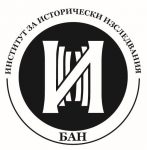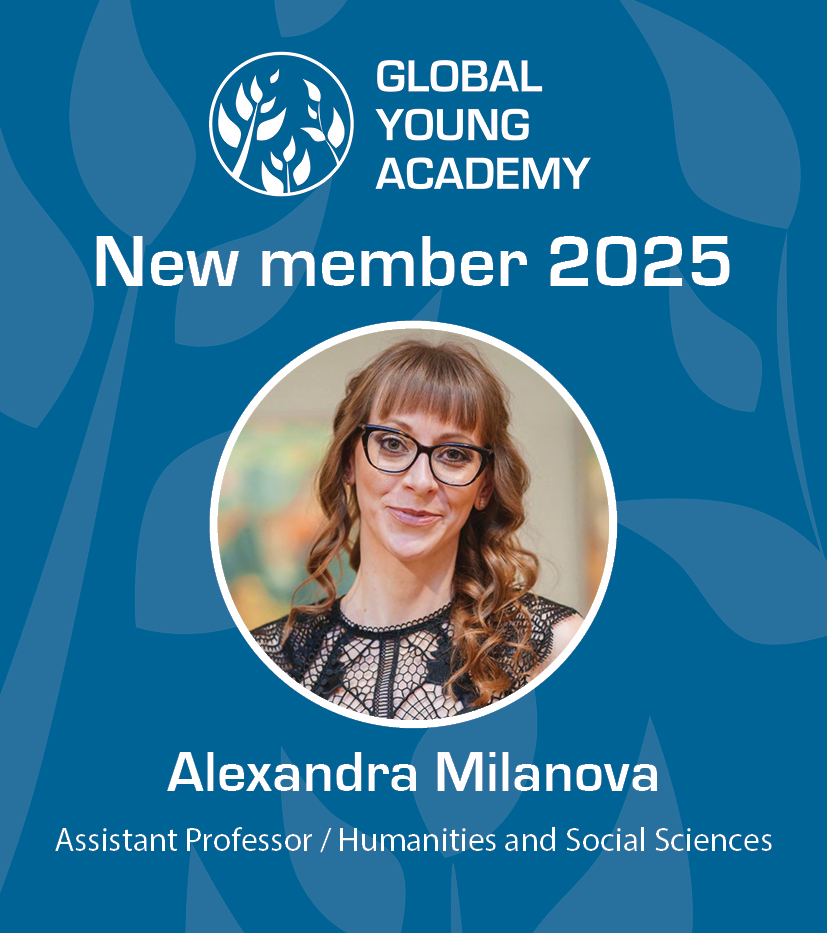Russia’s hybrid and conventional war against Ukraine (2014-2022) is invariably present in the media, in the commentaries of politicians and political analysts, in national discourses and world politics, historical knowledge and analysis make it possible to identify the roots, causes and preconditions of the conflict, as well as to look for analogies in history that would contribute to the closest to reality interpretation of what is happening before our eyes today. This topical issue was the subject of discussion at a round table “The Russian-Ukrainian War and Bulgaria through the Eyes of Historians”, organized by the Institute for Historical Studies at BAS.
The forum was attended by Prof. Mikhail Stanchev and Assoc. Prof. Sergey Strashnyuk from the Kharkiv National University “Vasily Karazin”, Prof. Anatoliy Kruglashov from “Juriy Fedkovych” National University of Chernivtsi, Prof. Igor Todorov from Uzhgorod National University, Prof. Nikolay Chervenkov from the Scientific Society of Bulgarian Scholars in the Republic of Moldova, Prof. Daniel Vachkov, Assoc. Prof. Blagovest Nyagulov and Assoc. Prof. Teodorichka Gotovska from the Institute of Historical Studies. In their speeches, attention was paid to: the tumultuous historical fate of today’s Ukrainian lands and the Ukrainian nation which remains almost unknown in Bulgaria due to the dominance of the pro-Russian version of the past, disseminated and studied especially until 1989. ; the ideology and practice of Russian retro-imperialism in view of the aims and costs of the war, as well as Russia’s propaganda narratives of aggression against Ukraine; the unequal relations between the “brotherly” nations of Russians and Ukrainians in history; the vulnerable position of the Republic of Moldova in the context of the war raging in its neighbourhood; the problematics of the Bulgarian minority in Ukraine and its place in Bulgarian politics during the period of the Russian-Ukrainian conflict. In the discussions, historiographical, political, international, refugee and other aspects of the big topic were commented on in an academic tone and with different interpretative accents. Without exhausting a topic that will be an important object of interdisciplinary research in the future, the forum contributed to its historical-political illumination. It is planned for the proceedings of the round table to be published.






